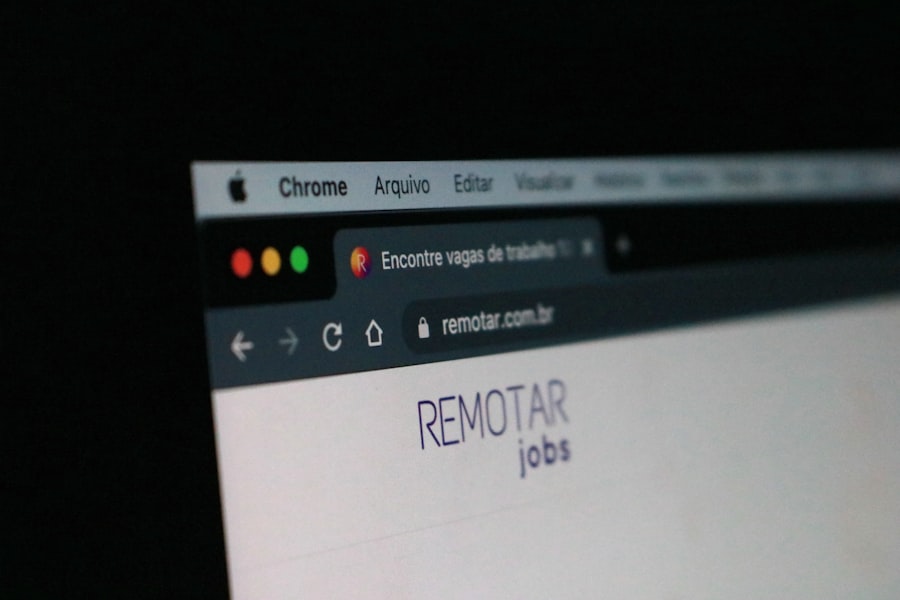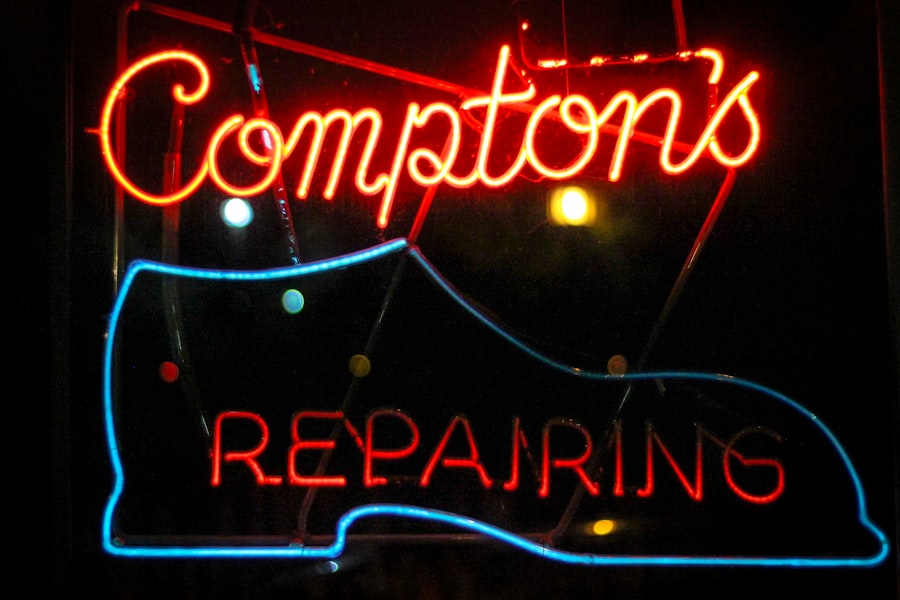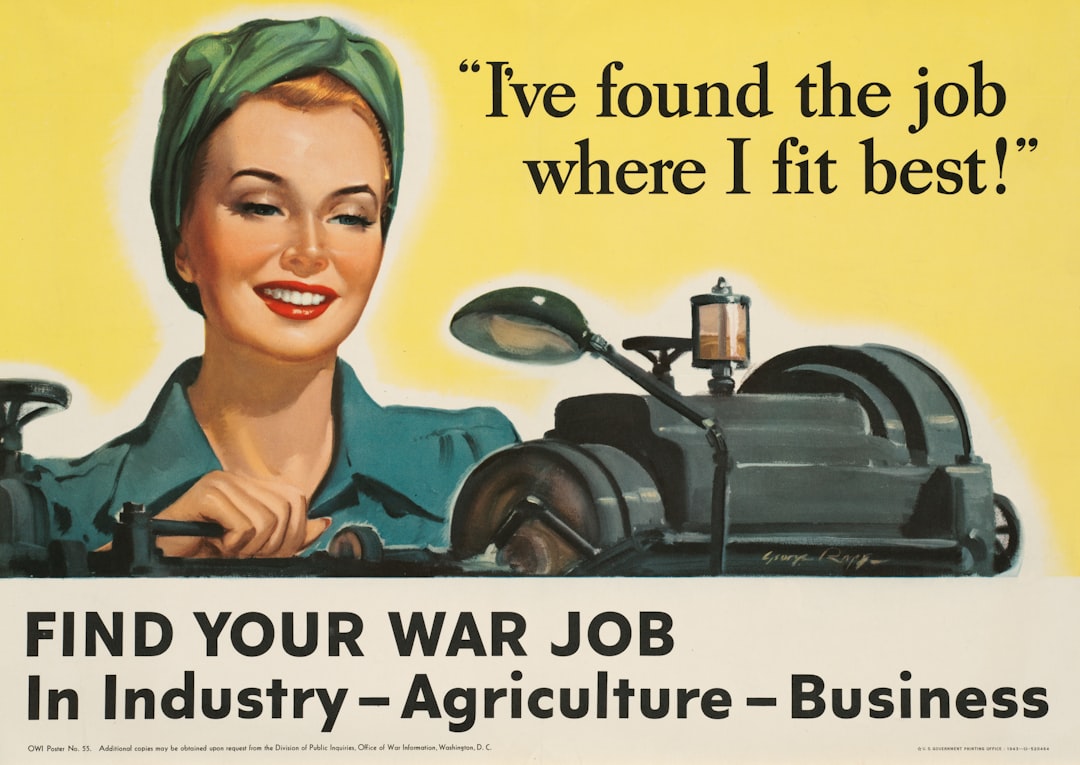As artificial intelligence continues to evolve and permeate various sectors, the conversation surrounding the future of work has become increasingly relevant. You may find yourself wondering which careers will remain resilient in the face of this technological revolution. AI-resistant careers are those that leverage uniquely human skills, ensuring that they remain relevant even as machines become more capable.
Understanding these roles can help you navigate your career path in a world where automation is becoming the norm. In this article, you will explore the various fields that are likely to withstand the onslaught of AI. From healthcare to creative industries, you will discover how certain professions rely on human qualities that machines cannot replicate.
By identifying these AI-resistant careers, you can make informed decisions about your education and professional development, positioning yourself for success in an ever-changing job market.
Key Takeaways
- AI-resistant careers are becoming increasingly important as artificial intelligence continues to impact the job market.
- Healthcare professions are considered a promising AI-resistant field due to the essential human element required in patient care.
- The creative industries rely on human creativity, making them AI-resistant and essential for innovation and originality.
- Social and emotional intelligence play a key role in AI-resistant careers, emphasizing the importance of human interaction and empathy.
- Skilled trades and maintenance jobs persist as AI-resistant due to the unique human skills and judgment required in these fields.
The Impact of Artificial Intelligence on the Job Market
The rise of artificial intelligence has already begun to reshape the job market in profound ways. You may have noticed that many routine tasks are now being automated, leading to increased efficiency and productivity in various industries. However, this shift also raises concerns about job displacement and the future of employment.
As machines take over repetitive tasks, you might wonder which jobs are at risk and which ones will thrive. While some positions may become obsolete, others will evolve or emerge entirely. The key lies in understanding how AI can complement human capabilities rather than replace them.
For instance, jobs that require critical thinking, emotional intelligence, and creativity are less likely to be automated. By focusing on these areas, you can better prepare yourself for a future where AI plays a significant role in the workplace.
Essential Human Jobs: Why Some Careers Are AI-Resistant

Certain careers are inherently resistant to the encroachment of artificial intelligence due to their reliance on human attributes that machines cannot replicate.
These roles often involve nuanced decision-making and a deep understanding of human emotions, making them difficult for AI to replicate.
Moreover, as technology continues to advance, the demand for these essential human jobs is likely to grow. You might consider pursuing a career in fields such as healthcare, education, or creative industries, where your unique skills can shine. By honing your abilities in these areas, you can position yourself as an indispensable asset in a world increasingly influenced by AI.
Healthcare Professions: A Promising AI-Resistant Field
| Healthcare Profession | AI-Resistance Level | Growth Potential |
|---|---|---|
| Nursing | High | Projected 12% growth from 2018-2028 |
| Physician | Medium | Projected 4% growth from 2018-2028 |
| Pharmacist | Low | Projected 0% growth from 2018-2028 |
The healthcare sector stands out as one of the most promising fields for AI-resistant careers. As you may know, while AI can assist with diagnostics and data analysis, it cannot replace the human touch that is vital in patient care. Professions such as nursing, physical therapy, and mental health counseling require empathy, compassion, and interpersonal skills—qualities that machines simply cannot emulate.
In addition to direct patient care roles, there are numerous opportunities within healthcare administration and management that also resist automation. You might find yourself drawn to positions that involve strategic decision-making or policy development, where human judgment is essential. As technology continues to advance, the need for skilled professionals who can navigate the complexities of healthcare will only increase.
Creative Industries: The Role of Human Creativity in AI-Resistant Careers
The creative industries represent another domain where human skills remain irreplaceable. While AI can generate content and assist with design tasks, it lacks the ability to create original ideas or understand cultural nuances fully. If you have a passion for art, writing, music, or design, you may find that these fields offer a wealth of opportunities that are resistant to automation.
In creative professions, your unique perspective and emotional depth play a crucial role in producing work that resonates with others. Whether you are crafting a compelling narrative or designing an innovative product, your ability to connect with audiences on a human level sets you apart from machines. As AI continues to evolve, the demand for authentic human creativity will remain strong, making this an exciting field for aspiring professionals.
Education and Training: The Future of AI-Resistant Jobs

Education is another area where human involvement is irreplaceable. As you consider your career options, think about how teaching and training roles require not only knowledge but also the ability to inspire and motivate others. While AI can provide information and resources, it cannot replicate the mentorship and guidance that educators offer.
In an increasingly automated world, the need for skilled educators will only grow. You might explore opportunities in traditional classroom settings or consider alternative education models such as online teaching or corporate training. By investing in your own education and developing your teaching skills, you can position yourself as a valuable asset in a field that is resistant to the influence of AI.
Social and Emotional Intelligence: The Key to AI-Resistant Careers
Social and emotional intelligence are critical components of many AI-resistant careers. You may have noticed that jobs requiring strong interpersonal skills—such as counseling, social work, or customer service—are less likely to be automated. These roles depend on your ability to understand and respond to the emotions of others, fostering connections that machines cannot replicate.
As you navigate your career path, consider how you can develop your social and emotional intelligence further. Engaging in active listening, practicing empathy, and honing your communication skills will not only enhance your professional prospects but also enrich your personal relationships. In a world increasingly dominated by technology, these human qualities will set you apart and ensure your relevance in the job market.
Legal and Ethical Professions: The Importance of Human Judgment in AI-Resistant Fields
The legal profession is another area where human judgment remains paramount. While AI can assist with research and document review, it cannot replace the nuanced understanding of law and ethics that trained professionals possess. If you are considering a career in law or related fields, you may find that your ability to interpret complex legal issues and advocate for clients is invaluable.
Moreover, as technology continues to advance, new legal challenges will arise concerning data privacy, intellectual property rights, and ethical considerations surrounding AI itself. Your expertise in navigating these issues will be essential as society grapples with the implications of emerging technologies. By pursuing a career in law or ethics, you can position yourself at the forefront of these important conversations.
Skilled Trades and Maintenance: The Persistence of Human Skills in AI-Resistant Jobs
Skilled trades represent another category of careers that are likely to remain resilient against automation. You may have noticed that jobs such as plumbing, electrical work, and carpentry require hands-on skills and problem-solving abilities that machines cannot easily replicate. These professions often involve complex tasks that require adaptability and critical thinking—qualities that are inherently human.
As technology advances, skilled tradespeople will continue to be in high demand. You might consider pursuing vocational training or apprenticeships in these fields to develop your skills further. By becoming proficient in a trade, you can ensure job security while contributing to essential services that keep society functioning smoothly.
Environmental and Conservation Careers: Human Intervention in AI-Resistant Fields
In an era marked by climate change and environmental degradation, careers focused on conservation and sustainability are becoming increasingly vital. You may find that roles such as environmental scientists, conservationists, or sustainability consultants require a deep understanding of ecological systems and human impact—areas where human insight is irreplaceable. As society seeks solutions to pressing environmental challenges, your expertise in these fields will be essential for driving meaningful change.
By pursuing a career in environmental science or conservation, you can play a crucial role in protecting our planet while ensuring your professional relevance in an AI-driven world.
Navigating the Future of AI-Resistant Careers
As you contemplate your career path in an age increasingly influenced by artificial intelligence, it is essential to focus on developing skills that machines cannot replicate. By exploring fields such as healthcare, creative industries, education, legal professions, skilled trades, and environmental careers, you can position yourself for success in an evolving job market. Ultimately, embracing your unique human qualities—such as empathy, creativity, social intelligence, and critical thinking—will be key to thriving in an AI-driven world.
By investing in your personal and professional development now, you can navigate the future with confidence and resilience while ensuring that your career remains relevant amidst technological advancements.
In the rapidly evolving landscape of artificial intelligence, there are still numerous jobs that AI cannot replace, particularly those requiring human empathy, creativity, and complex decision-making. For instance, roles in healthcare, such as nurses and therapists, rely heavily on human interaction and emotional intelligence, which AI has yet to replicate effectively. Similarly, creative professions like writers, artists, and musicians thrive on unique human experiences and perspectives that machines cannot emulate. For more insights into the types of jobs that remain irreplaceable by AI, you can explore this related article which delves into the nuances of human-centric professions and their enduring value in the age of automation.
FAQs
What are some jobs that AI cannot replace?
Some jobs that AI cannot replace are those that require high levels of creativity, emotional intelligence, complex problem-solving, and human interaction. These include roles in the arts, therapy, caregiving, and leadership.
Why can’t AI replace certain jobs?
AI struggles to replicate human qualities such as empathy, intuition, and creativity. Jobs that require these qualities, as well as complex decision-making and adaptability, are difficult for AI to perform.
What are examples of jobs that require human creativity?
Jobs that require human creativity include roles in the arts, such as writers, artists, and musicians, as well as designers, inventors, and innovators in various industries.
What are examples of jobs that require emotional intelligence?
Jobs that require emotional intelligence include therapists, counselors, social workers, and other roles that involve understanding and managing human emotions and relationships.
What are examples of jobs that require complex problem-solving?
Jobs that require complex problem-solving include scientists, engineers, researchers, and analysts who work on intricate and multifaceted challenges that require human judgment and critical thinking.
What are examples of jobs that require human interaction?
Jobs that require human interaction include roles in caregiving, hospitality, customer service, and leadership, where personal connection, communication, and understanding are essential to the job.
